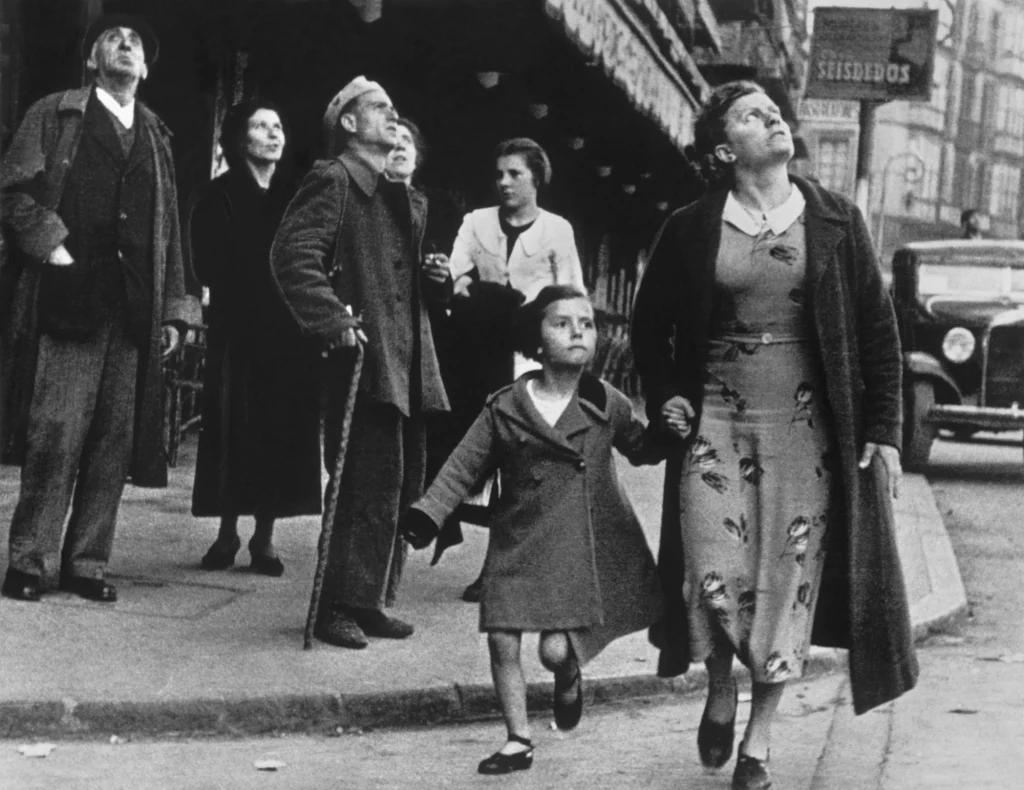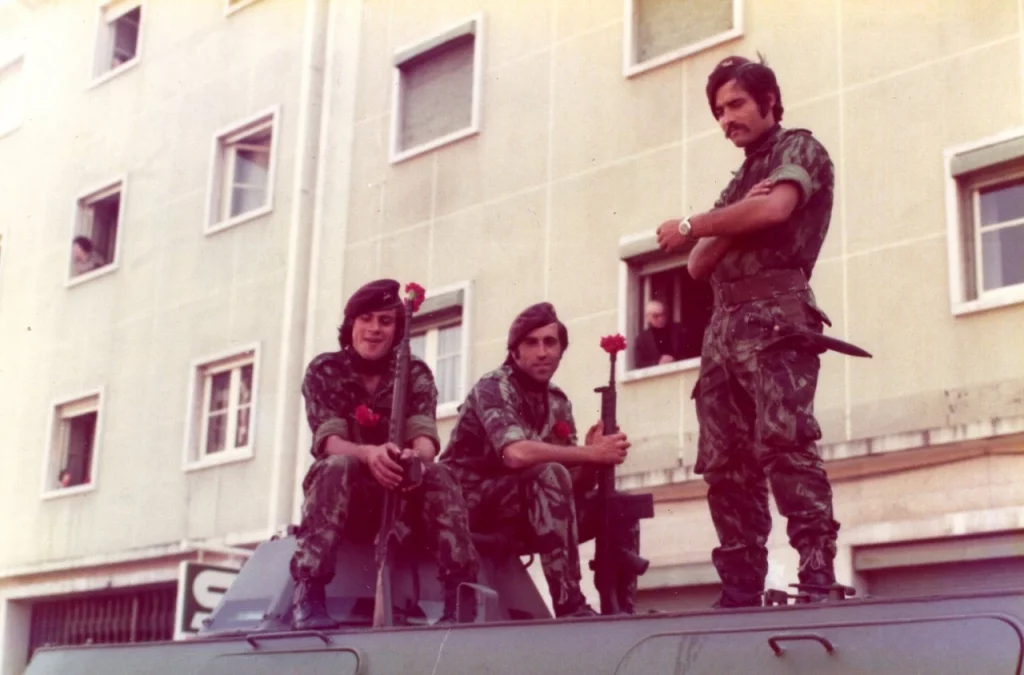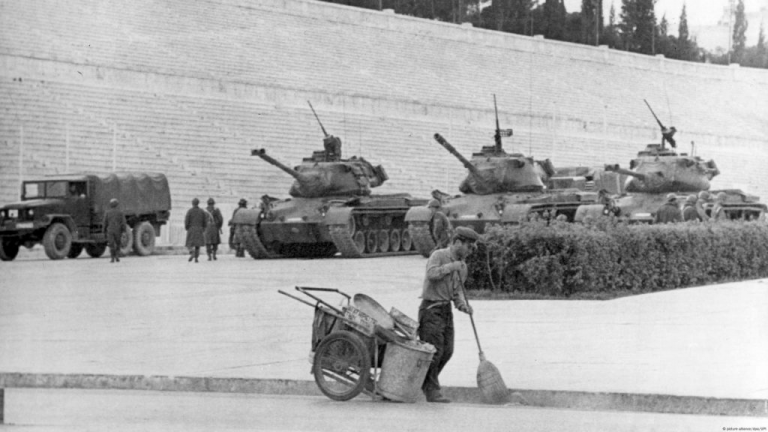The radio series “HISTORIAS MINIMAS”, a collaborative project with Radio Panik in Belgium, co-created by Thomas Sideris, presents a thematic triptych historical tribute to the dictatorships of Southern Europe that collapsed around the same period, marking fifty years since the restoration of democracy in Greece this summer.
The dictatorships of Southern Europe served as a catalyst for revolutionary popular movements, inspired art, and were reflected in it. Resistance during the years of brutal authoritarian regimes is a fundamental element of the heritage not only of the Southern peoples but of all European citizens.
Research/Documentation/Presentation: Thomas Sideris
The upcoming radio documentaries are as follows:
“GUERNICA” (airdate: 2 August 2024, 13:00-14:00)
Market day in the streets of Guernica was interrupted when the bells of the Santa Maria church sounded the alarm that April 26, 1937 afternoon. People from the surrounding hills flooded the town square. “Every Monday was a celebration in Guernica,” says José Monasterio, an eyewitness to the bombing.
For over three hours, twenty-five or more of Germany’s best-equipped bombers, accompanied by at least twenty additional Messerschmitt and Fiat fighters, dropped one hundred thousand kilograms of high-explosive and incendiary bombs on the village, slowly and systematically reducing it to rubble.
News of the bombing spread like wildfire. Nationalists and Germans immediately denied any involvement. However, few were fooled by Franco’s protests of innocence. Faced with international condemnation for the massacre, Von Richthofen publicly claimed that the target was a bridge over the Mundaca river on the outskirts of the city, chosen to cut off democratic troops fleeing.
The bombing of Guernica marked the beginning of Franco’s fascist regime’s actions, and Picasso’s eponymous painting will always serve as a constant reminder of the war’s tragedies, an anti-war symbol, and an embodiment of peace.

“THE DICTATORSHIP IN GREECE THROUGH THE ARCHIVES OF DEUTSCHE WELLE” (9 August 2024, 13:00-14:00)
The April coup will put Greece in turmoil and shock the Greek diaspora in Europe and the world at large.
The strongest resistance against the Junta is observed in Germany for two main reasons: most post-war immigrants reside there, and German unions are powerful, rallying and mobilizing their members to a large extent.
The central offices of Deutsche Welle are located in Cologne. The Greek program of the station, mainly from 1969 onwards, will take a clear stand against the coup plotters and quickly transform into a fierce critique of the Junta regime in Greece.
Deutsche Welle and the BBC’s Greek service will be two free voices during those stone years, heard through shortwave in the silenced Greek territory.
However, the Cologne station will be at the forefront, not limiting itself to sharp criticism of what is happening in Greece (exile, imprisonments, torture, suppression of all individual and social freedoms) but through its members’ stance, it will clearly reveal the aim of toppling the Junta regime. It is precisely this attitude of Greek journalists and Deutsche Welle’s collaborators that will enrage the regime’s people in Greece, who will label them as “the rodents of Cologne.”

“GRANDOLA, BRIGHT CITY” (16 August 2024, 13:00-14:00)
On the night of April 24, 1974, military units from all over Portugal moved and occupied all critical points. By the early morning, the movement had completely prevailed, and dictator Caetano surrendered to General Spinola, who assumed power on behalf of the Movement.
At 12:20 in the early morning, the radio played the song “Grandola, Vila Morena” by resistance singer Zeca Afonso, which became the general command of the revolution.From the first moment, it was evident that this was not a typical coup but a genuine popular revolution sparked by the army. Thousands of demonstrators poured into the streets and united with the soldiers, threatening to lynch the people of the fascist regime. Political prisoners were freed from jail, workers occupied factories, while landless farmers took over the large land estates of landowners and created self-governing cooperatives.

